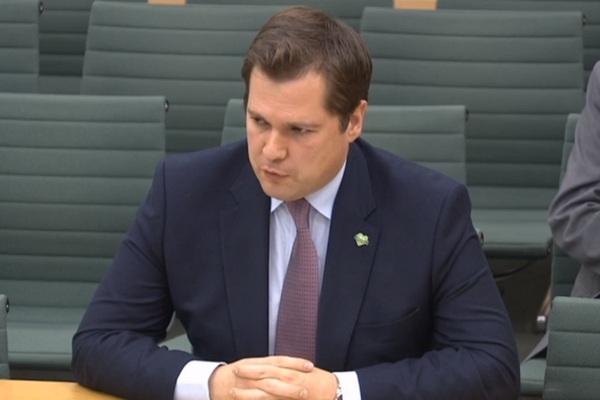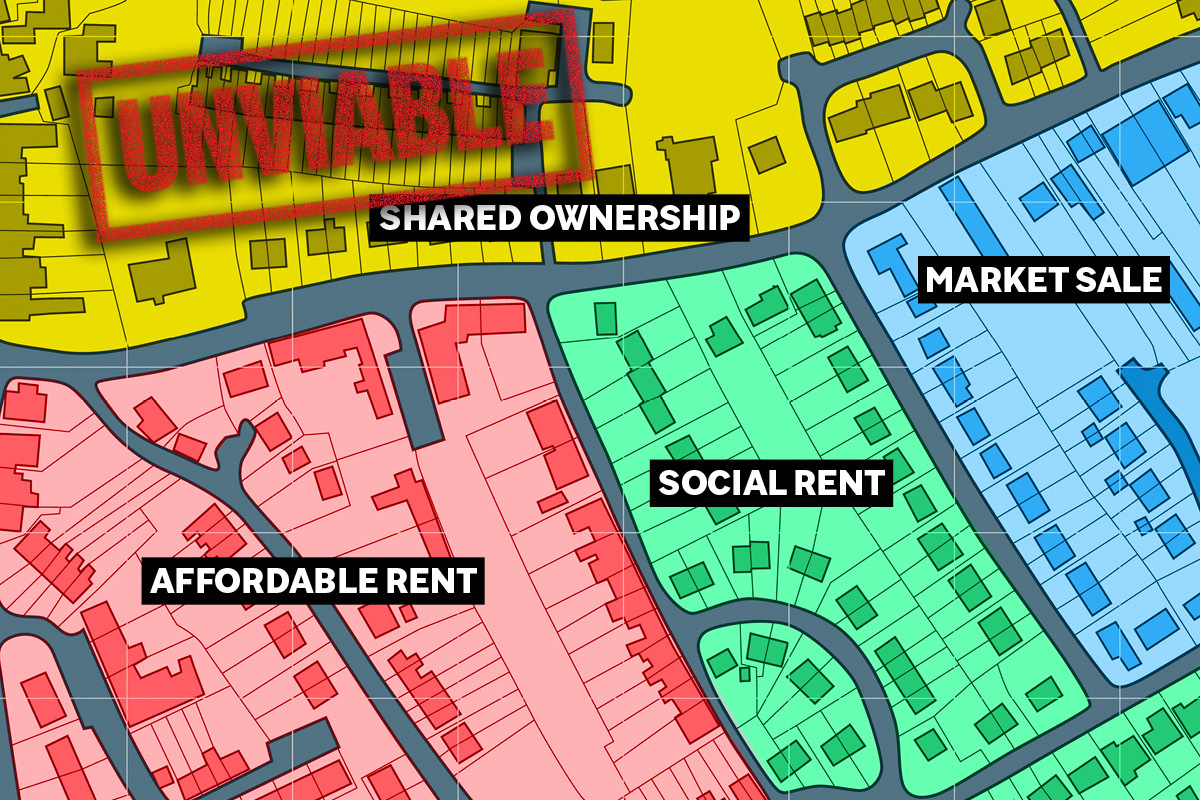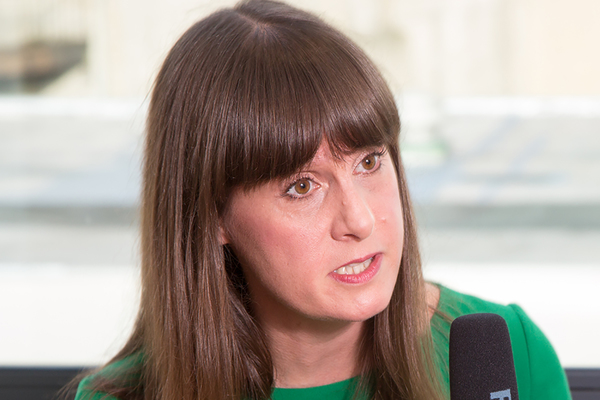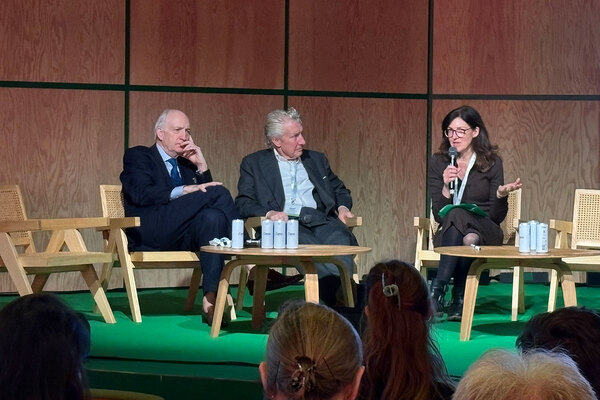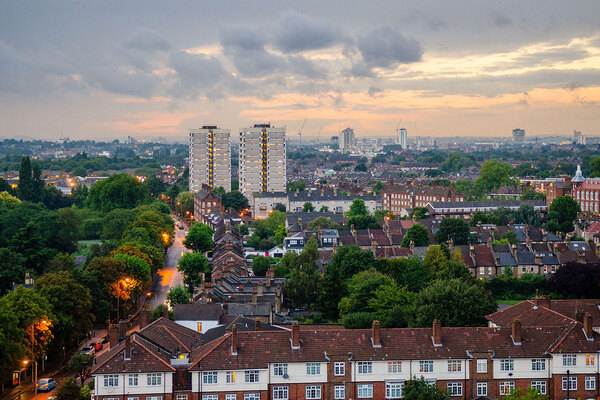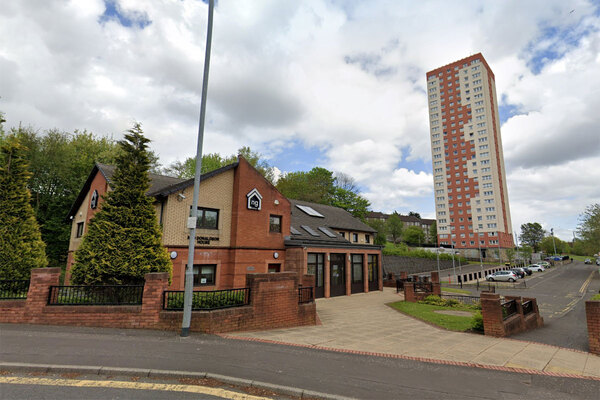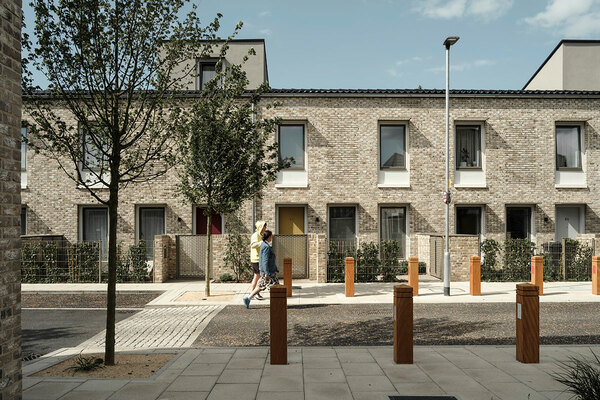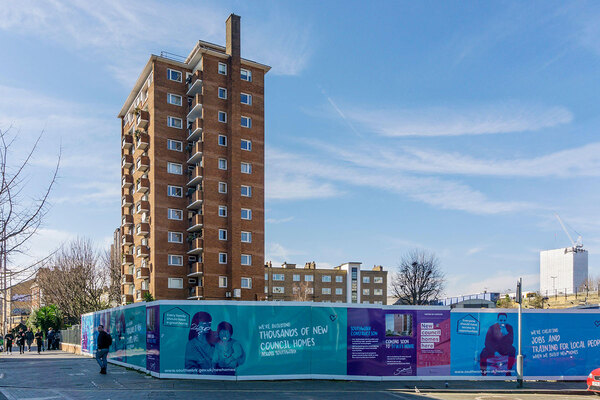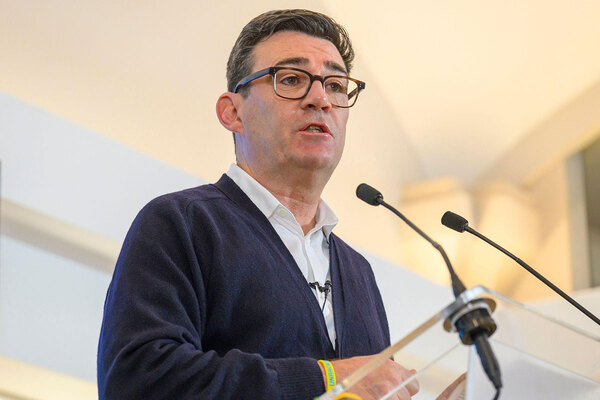You are viewing 1 of your 1 free articles
Housing association could make £20m from extending shared ownership leases, BBC investigation finds
Housing association Guinness Partnership could make more than £20m from shared owners having to extend short leases in the coming years, an investigation by the BBC’s Panorama programme has found.
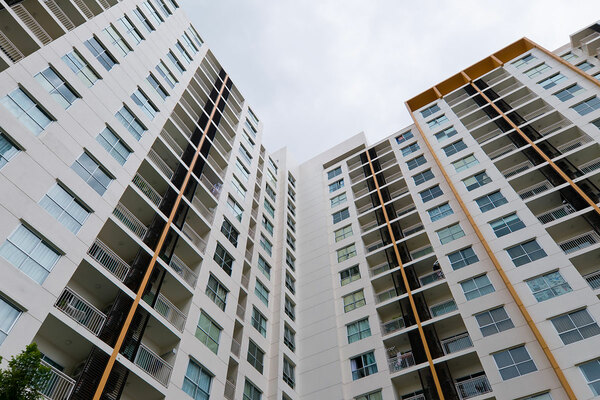
The finding came from an investigation that aired yesterday called ‘The Home I Can’t Afford’ that looked at shared ownership and the costs associated for housing association leaseholders.
One of the findings from the programme was the revelation that 66,000-home landlord Guinness could make an estimated £20m from its shared owners having to extend leases before they sell.
Unlike normal leaseholders, shared owners have no statutory right to extend their leases, which means housing associations can decide on the price of a lease extension and the number of years.
Panorama’s reporters spoke to one Guinness leaseholder who had to pay £15,000 including costs and legal fees to the landlord before she could sell her shared ownership home in the Cotswolds. Kelly had bought 50% of the house in 2008 but it was only when she tried to sell that she discovered there was only 67 years left on the lease, so the buyers were unable to secure a mortgage.
Despite the property growing in value over 12 years, Kelly ended up having to sell the property for £5,000 less than she bought it for.
Some of her neighbours who were interviewed for the story also said they were unaware of their short leases. The show estimated that based on the costs Kelly had to pay for her lease extension, Guinness could secure more than £20m from its 1,500 shared ownership homes with leases under 80 years.
Guinness said that as a result of the programme, it would now get in touch with its 1,500 shared owners living in properties with leases less than 80 years to alert them about the costs. However, it said that most of Panorama’s queries were about leases in general and were not unique to housing associations or shared ownership. It added that while the points were valid, it would be incorrect to associate them with shared ownership exclusively.
In the case of Kelly, it said that the shared ownership home was originally bought from Gloucestershire Housing Association, which later became part of Guinness, and the landlord’s standard lease term was 99 years. It added that her solicitor would have made clear at the time the nature of the lease to which she was agreeing.
Panorama also found that Clarion had secured properties with 999-year leases but was selling these to shared owners with only 125-year leases. The show used a case study of a shared ownership apartment in Battersea that was being sold like this.
In response, a Clarion spokesperson said it had bought the property referenced in the show through a Section 106 agreement with the developer and the 125-year lease offered to the shared owners is in line with the rules set out by the Ministry of Housing, Communities and Local Government.
They added: “We recognise the system needs to change and believe the leases offered to shared owners should match the terms of people buying outright.
“As a result, we are moving away from 125-year terms and will be offering much longer leases on Clarion shared ownership properties in the future.”
The show also focused on several other shared ownership tenants living in properties owned by associations, who had experienced huge hikes in service charges while living in their properties.
It featured one Peabody tenant, Deepa Mistry, who reported that her service charge had nearly doubled in just a few years from £1,800 to £3,257 annually. She said that because of the rise in price of the flat, she could not staircase and had accrued a high level of arrears on the property.
A Peabody spokesperson said: “We’re sorry to hear of Ms Mistry’s concerns. Ms Mistry bought a majority share of the property in 2010 and her lease agreement states that she is able to staircase at any time including within the first year.
“Service charges are recovered for costs incurred and do not generate income. Ms Mistry bought the property part way through the year and the charge was therefore lower than the full year amount which other leaseholders would have paid.
“We have dedicated teams to support homeowners and people who may be struggling financially. We would encourage Ms Mistry to talk to us if that is the case.”
An L&Q shared owner who had experienced a huge leap in service charge after widescale repairs had to be carried out on her block because of faulty plumbing was also featured. The shared owner reported that the bill for the plumbing repair was nearly £28,000 and saw her service charge go from £200 a month to £3,000 in 2017/18. She also said that she was now in £20,000 arrears to the association.
An L&Q spokesman said: “As a charitable, not-for-profit housing association, L&Q aims to be ethical and transparent, and support our customers in whatever way we can.
“We fully appreciate the difficult situation faced by the resident featured in the programme. L&Q did not build the property in Hoxton, we are not the building owner (as L&Q leases our shared ownership properties from them), and a separate managing agent is responsible for carrying out works to the building.
“Any repairs required to this building are the responsibility of the building owner, and both L&Q and the resident are bound by the terms of their lease.
“Where additional repairs charges are necessary, we are committed to supporting our residents and leaseholders to sustain their tenancies and leases by agreeing reasonable repayment plans. In this case, we are continuing to work with the resident to find a manageable solution.”
The report came in the week that the government provided further details about its new shared ownership model, which will see shared owners able to buy only 10% of the home on purchase, as well as giving shared owners the option to staircase in 1% chunks.
The government has mandated that 50% of all homes funded through the £12bn Affordable Homes Programme will have to be of a shared ownership tenure.
The National Housing Federation's response to the Panorama programme
"Housing associations want everyone to have a good experience of shared ownership and we are saddened to see that this hasn't been the case for the people featured in this evening's Panorama.
"We know the examples highlighted today do not reflect the experiences of the majority of shared owners. Shared ownership allows thousands of people every year to get on the housing ladder and own a secure home. Shared ownership is a not-for-profit programme, run by charitable organisations and backed by government, that allows people to spend less money on housing than they would renting or if they owned outright.
"Shared owners have the same benefits as other leaseholders - they live in a home they can decorate with the security that it is theirs for the long term. But with these benefits, comes the same responsibilities that belong to all leaseholders. This means shared owners are responsible for the costs of normal repairs and the upkeep of their home. It is essential that anyone buying a home - whether through shared ownership or not - hires a solicitor. The solicitor is responsible for helping people understand the lease they're buying, including its length and all associated costs.
"However, the issue of dangerous cladding is an unprecedented, systemic issue. It is affecting thousands of privately owned and social housing buildings, schools and hospitals across the country. The work will cost billions of pounds and take many years to complete. Neither leaseholders nor housing associations can cover these costs. We understand it is distressing for people in these buildings and the government urgently needs to step in to coordinate and pay for cladding removal upfront.
"If you are a shared owner and are struggling financially, we strongly encourage you to speak to your housing association who will want to help you."
Sign up for our development and finance newsletter
Already have an account? Click here to manage your newsletters
Related stories
